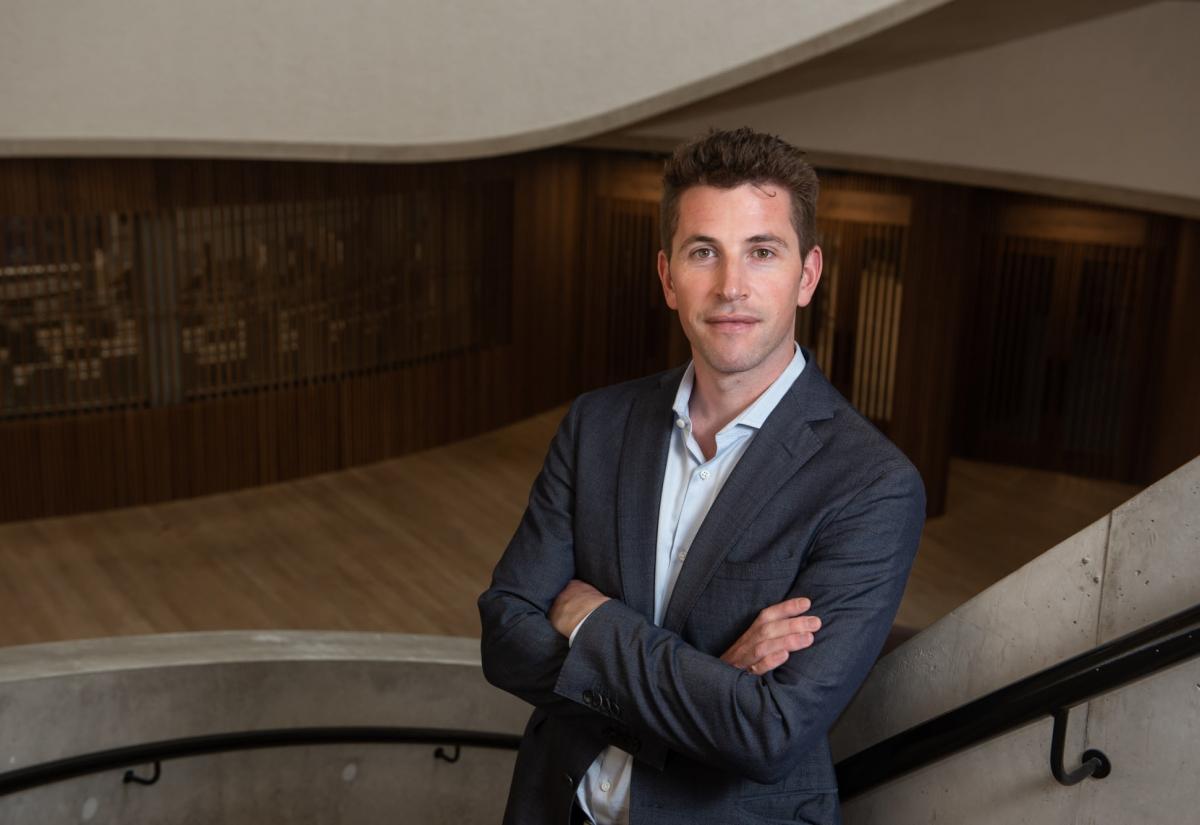Haining Liu, a graduate of the inaugural Master of Public Policy cohort, features in a two-party BBC World Service documentary launched last weekend as part of BBC’s “Freedom 2014” season.
The two-part documentary, “Missing Histories: China and Japan, ” explores what the troubled historical relationship between Japan and China means for the two countries today. China’s leaders accuse Japan of failing to apologise for its wartime aggression and atrocities – while Japan’s nationalist Prime Minister, Shinzo Abe, talks of rewriting the country’s pacifist Constitution.
“Missing Histories: China and Japan” explores these issues through a unique format: as a collaboration between Japanese BBC journalist Mariko Oi and Haining Liu, formerly an economics and politics reporter for China Central Television.
The first programme takes place in Japan, where Mariko meets up with her 92-year-old grandfather, who in his youth helped make the deadly Zero fighter planes. Together, they visit the highly controversial Yasukuni Shrine in Tokyo, where the spirits of Japan’s war dead are enshrined, including those of notorious war criminals. The team goes on to meet the new generation of nationalists who want to downplay Japan’s historic role in committing atrocities elsewhere in Asia. Haining has tough questions for young Japanese about whether they feel any sense of guilt for their forebears’ actions.
In the second programme, Mariko and Haining travel to China and the city of Nanjing, site of mass rapes and killings by Japanese forces during the war. They explore how events like these are remembered in modern China and ask why young Chinese can both consume Japanese pop culture while demonstrating against Japan over its wartime actions. The two reporters discover that despite the deep and increasing cultural links between their two nations, history remains a forbidding barrier.
Read the BBC Magazine article about the documentaries - China and Japan: Seven decades of bitterness
Listen to the radio programmes:



